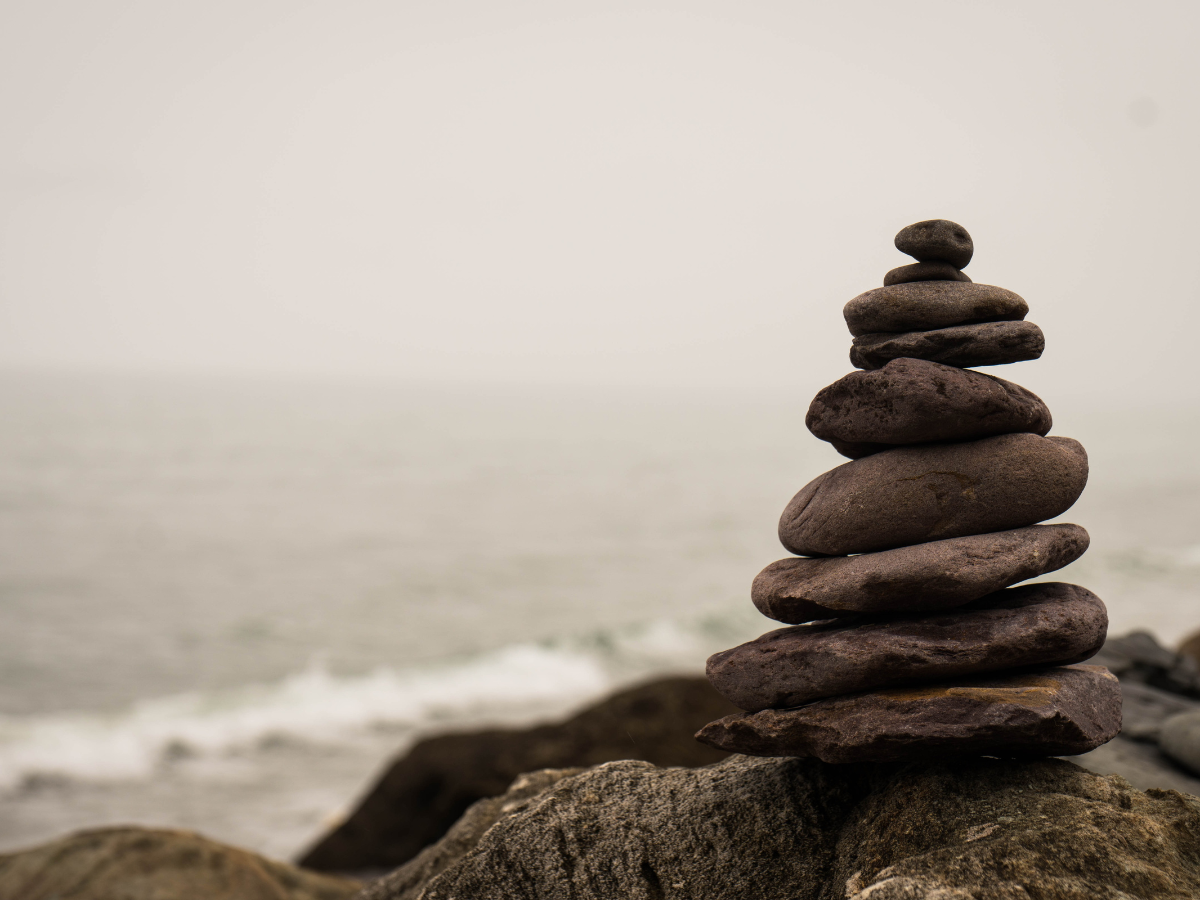In our fast-paced, hyperconnected world, everyday tasks like washing dishes, folding laundry, or commuting to work are often viewed as mundane or even burdensome. These activities may seem insignificant, mere obligations we must get through before moving on to what really matters. But what if these moments are actually rich opportunities for mindfulness? What if they can teach us about presence, purpose, and even joy? Mindfulness, a practice rooted in ancient wisdom, offers us a way to transform the mundane into something meaningful.
The Beauty in the Ordinary
We often search for meaning in grand accomplishments—landing a promotion, achieving a goal, or creating something new. Yet, the majority of our lives consist of small, seemingly unimportant moments. Folding clothes, making the bed, or sweeping the floor may not seem profound, but they are the fabric of our daily experience. These moments can offer a sense of purpose and fulfillment when approached mindfully.
The beauty of mindfulness lies in its ability to shift our perspective. Instead of viewing daily tasks as mere chores, we can see them as an opportunity to connect more deeply with ourselves, the present moment, and the task at hand. This shift in focus helps us appreciate the act of doing, not just the result. Every action, no matter how small, becomes a chance to engage fully with life.
Mindfulness as a Tool for Presence
Mindfulness is often defined as "paying attention in a particular way: on purpose, in the present moment, and nonjudgmentally." This practice can be applied to any task, no matter how routine it may seem. Whether you're brewing coffee or walking the dog, mindfulness invites you to fully immerse yourself in the present moment, leaving distractions, worries, and future concerns behind. For instance, when you're folding laundry, observe the softness of the fabric, the patterns of the clothes, and the simple act of care in putting things away. These tasks, though seemingly mundane, are moments where we can practice mindfulness and create a sense of calm, purpose, and connection.
Transforming Routine Into Ritual
One of the ways mindfulness can bring purpose to daily tasks is by turning them into small rituals. A ritual, unlike a routine, is something done with intention and care. When you approach a task with mindfulness, it becomes an opportunity to pause and be present. Making your morning cup of tea can transform from a rushed activity to a calming ritual of preparing the tea, smelling its aroma, and savoring the first sip.
Instead of mindlessly rushing through tasks, mindfulness encourages us to slow down and appreciate them. As we approach our chores with a sense of care and awareness, they begin to feel less like obligations and more like moments of grounding and self-care. The act of doing itself becomes purposeful, as each task is treated as a meaningful, intentional moment.
Finding Joy in Simplicity
At the heart of mindfulness is the idea that we don't have to look outside ourselves for happiness or meaning; they can be found in the simplicity of everyday life. Often, we overlook the richness of the present moment because we're busy planning for the future or reflecting on the past. But when we immerse ourselves in the here and now, we begin to see that joy can be found in the smallest details: the sound of the wind through the trees, the rhythm of our footsteps, the feeling of clean sheets on a freshly made bed.
By embracing the present moment, we free ourselves from the endless cycle of "what's next" and allow ourselves to be content with what is. Mindfulness reminds us that there is beauty and joy in simplicity, that even the most mundane tasks are part of the larger tapestry of life.
The Ripple Effect of Mindfulness
Incorporating mindfulness into everyday tasks doesn’t just make those moments more meaningful; it can also have a ripple effect on the rest of your life. When we learn to slow down and be present during the mundane, we become more present in other areas of life as well. Mindfulness helps cultivate patience, gratitude, and a deeper appreciation for the world around us.
Over time, this practice can reduce stress and improve our overall well-being. By focusing on the here and now, we let go of unnecessary worries and anxieties about the past or future. This heightened awareness can improve relationships, make us more productive, and help us feel more grounded and centered in our daily lives.
My golden reader, so the next time you're faced with a task that feels tedious, pause, breathe, and embrace the opportunity to be present. In doing so, you may find that even the most mundane moments are filled with purpose and meaning.



